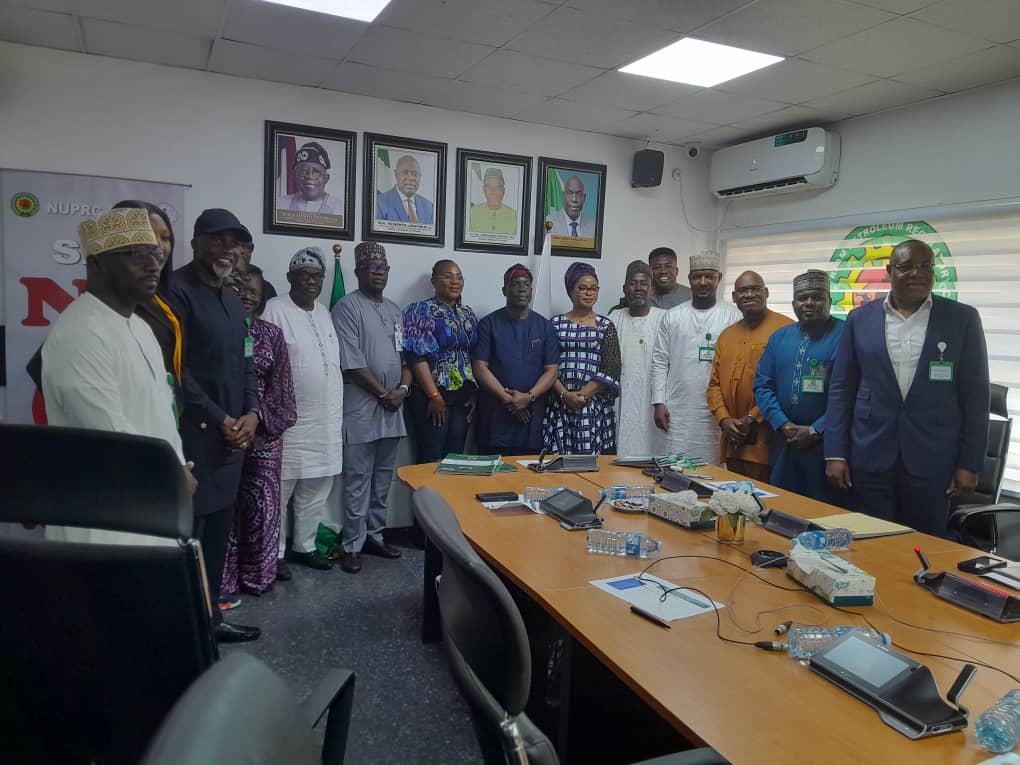Emmanuel Ugwu-Nwogo in Umuahia
The federal government has been urged to develop and maintain an accurate data base of farmers in Nigeria and end the present assumptions in the population of people engaged in farming.
An expert in agriculture economics, Professor Uzochukwu Onyebinama, made the call while delivering the 63rd inaugural lecture of the Michael Okpara University of Agriculture Umudike (MOUAU).
He decried the absence of accurate data on the authentic farming population in the country, saying that without such statistics it would be very difficult for any intervention to succeed, adding that census of farmers has become imperative.
According to him, “farmer identification, characterisation and classification will provide the empirical evidence for the determination of the development needs of the target farmers.”
“This will ensure that agricultural development programmes do not adopt a welfare approach which leads to a misapplication of limited resources as is the case with smallholder credit schemes,” he added.
Onyebinama faulted the assumption that everybody living in the rural areas is a farmer, noting that such generalisation has never been helpful for the implementation of government intervention programmes in agriculture.
He said that without accurate data on the number of real farmers in Nigeria, every incentive meant for farmers usually ended up in the hands of fake farmers.
Onyebinama expressed a radical view on the quest for a world free of hunger by 2030 as envisioned in the United Nations Sustainable Development Goals (SDGs) No. 2.
He declared that “zero hunger is a mirage”, adding that it would never be attained not just in the year 2030 but at all times because the poor would always be around in the society.
“Given that when we till the land, it shall no longer yield unto us her strength and that the poor shall never cease out of the land, an end to hunger or zero hunger is a mirage and not achievable,” he stated.
The UN projected that “more than 600 million people worldwide will be facing hunger in 2030” hence the immense challenge of achieving the zero hunger target.
Onyebinama, who cited scriptural references to back his assertions, advised that instead of embarking on a wild goose chase, governments should instead pursue a more attainable goal of “freedom from hunger”.
He decried the negative impact of rural development on food production, saying that agricultural lands have continued to be converted to other uses outside farming.
According to the agriculture economist, the marginalisation of agricultural development has created scarcity in the availability of lands for agriculture thereby impacting on food production.
He, therefore, called for development policies and programmes that would “first focus on agricultural development with hope to positively impact on rural development.”
The post Don Urges FG to Develop Accurate Data of Farmers, Says Zero Hunger Unattainable appeared first on THISDAYLIVE.


